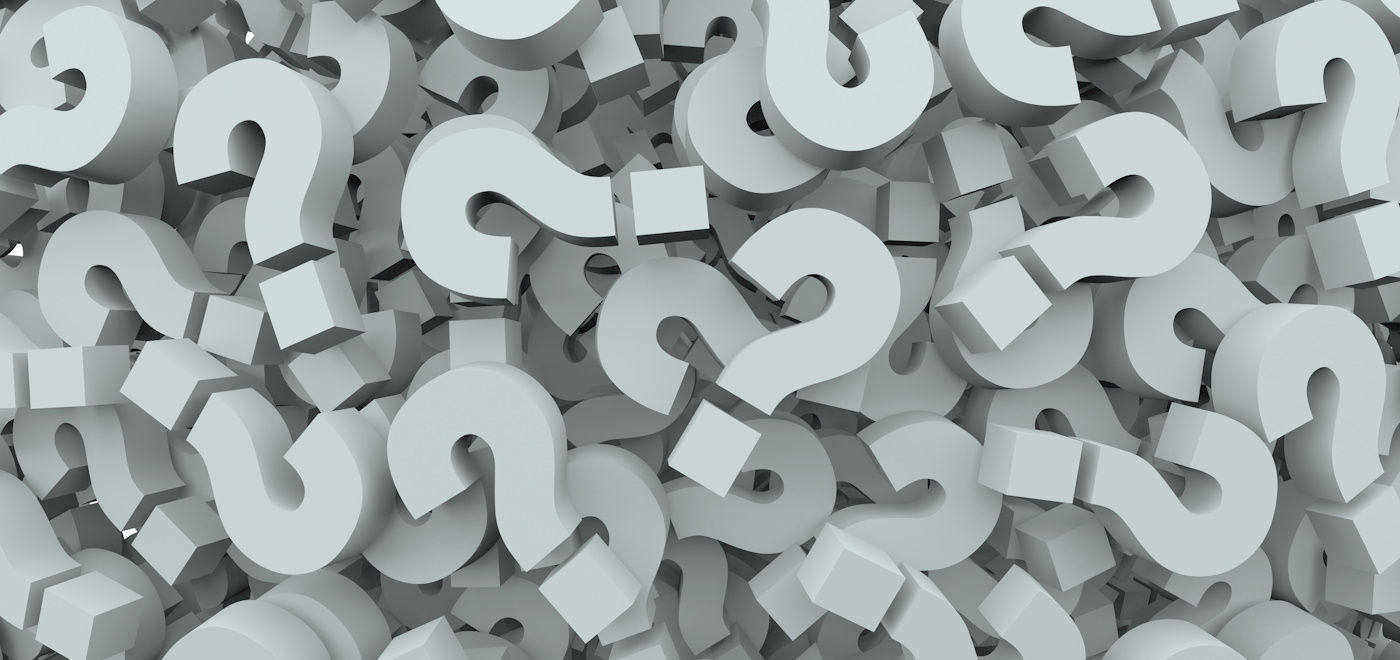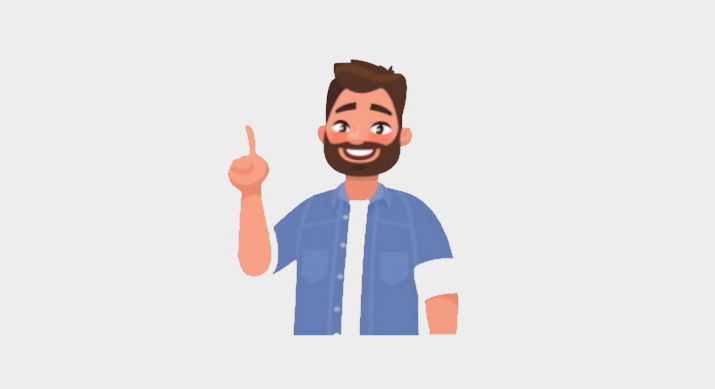
Questions


Questions are the start of language learning
Asking questions is very important when learning a new language. It helps you think about how to make sentences and use the right words. When you ask questions, you learn more because you get answers that give you new information.
Questions also make you talk to other people, which is a great way to practice the language. Talking and listening help you understand how the language works in real conversations.
When you ask questions, you can find out things you don’t know and clear up any confusion. This makes you feel more confident using the language.
In short, asking questions helps you learn faster, practice more, and understand the language better. It’s a simple but powerful way to improve your language skills.

Examples:
1. What is your name?
2. What is this?
Explanation: Use "what" to ask about things or actions. For example, "What is that noise?" or "What do you like to eat?"

Examples:
1. Where do you live?
2. Where is the store?
Explanation: Use "where" to ask about places or locations. For example, "Where are you going?" or "Where did you find this?"

Examples:
1. When is your birthday?
X
2. When will it happen?
Explanation: Use "when" to ask about time. For example, "When will you arrive?" or "When is the meeting?"

Examples:
1. Why are you still at home?
2. Why is the sky blue?
Explanation: Use "why" to ask about reasons. For example, "Why did you leave early?" or "Why are you crying?"

Examples:
1. Who is your teacher?
2. Who is Anna?
Explanation: Use "who" to ask about people. For example, "Who called you?" or "Who is your friend?"

Examples:
1. How are you? (notice it concerns the well known greeting as discussed in lesson 1)
2. How do you make this?
Explanation: Use "how" to ask about ways or methods. For example, "How did you do that?" or "How is the weather?"

Examples:
1. Which book is yours?
2. Which direction should we take?
Explanation: Use "which" to ask about choices. For example, "Which color do you like?" or "Which one is better?
Notice that in Dutch we have "welke" and "welk". The word "welk" is used with a "het"- word and "welke" with a "de"-word.
Tests
Examples:
1. What is your name?
2. What is this?
Examples:
1. Where do you live?
2. Where is the store?
Examples:
1. When is your birthday?
X
2. When will it happen?
Examples:
1. Why are you still at home?
2. Why is the sky blue?
Examples:
1. Who is your teacher?
2. Who is Anna?
Examples:
1. How are you? (notice it concerns the well known greeting as discussed in lesson 1)
2. How do you make this?
Examples:
1. Which book is yours?
2. Which direction should we take?

What-questions are the most common type of questions. With these questions, you seek to know more: what is that?
what-questions 1
what questions 2

Where-questions refer to a place. With these questions, you seek to know more about a place: where is it?
where-questions 1
where-questions 2

What-questions refer to a time. With these questions, you seek to know more about a time: when do you come?
when-questions 1
when- questions 2

Why-questions refer to a cause. With these questions, you seek to find a reason : Why it happened?
why-questions 1
why- questions 2

What-questions refer to a person. With these questions, you seek to a certain person or group: who did it?
who-questions 1
who questions 2

How-questions ask for more information. With these questions, you seek to know more about a reason: How did it happen?
how-questions 1
how questions 2
The page was made with Mobirise theme